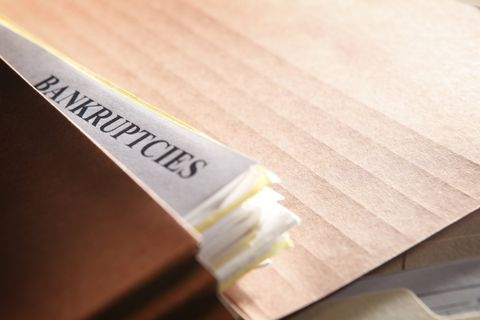Why People File For Bankruptcy
Loss of income: Losing a job or a source of regular income can make it hard to pay bills and debts, especially if there is no savings or emergency fund. Creating a “rainy day fund” to be available for car repairs or temporary job loss is the best way to plan for the unexpected.
Medical expenses: High medical bills can be overwhelming, especially if there is no health insurance or adequate coverage. Medical problems can also affect the ability to work and earn income. And while Chapter 7 might be a good choice in this circumstance, chapter 13 would usually be out of the question because a reliable income stream is required to make it through 3-5 years of Chapter 13 payments.
Unaffordable mortgage/foreclosure: Taking on a large mortgage loan that is beyond one's means can lead to default and foreclosure, especially if the home value drops or the interest rate rises.
Overspending: Living beyond one's means and accumulating too much debt can result in unmanageable payments and interest charges. Credit cards, car loans, student loans, and other types of debt can quickly add up. Making a budget, maybe for the first time, is an essential way to get the big picture of how to manage money.
Lending money to friends or relatives: Helping out loved ones financially can be noble, but it can also put a strain on one's finances. If the money is not repaid or the borrower defaults, it can cause resentment and hardship. If friends have bad credit and can’t be approved for loans of their own, it is unlikely that the friend will be able to pay back a friend who loaned them the money.

